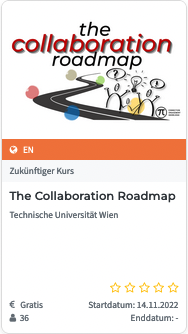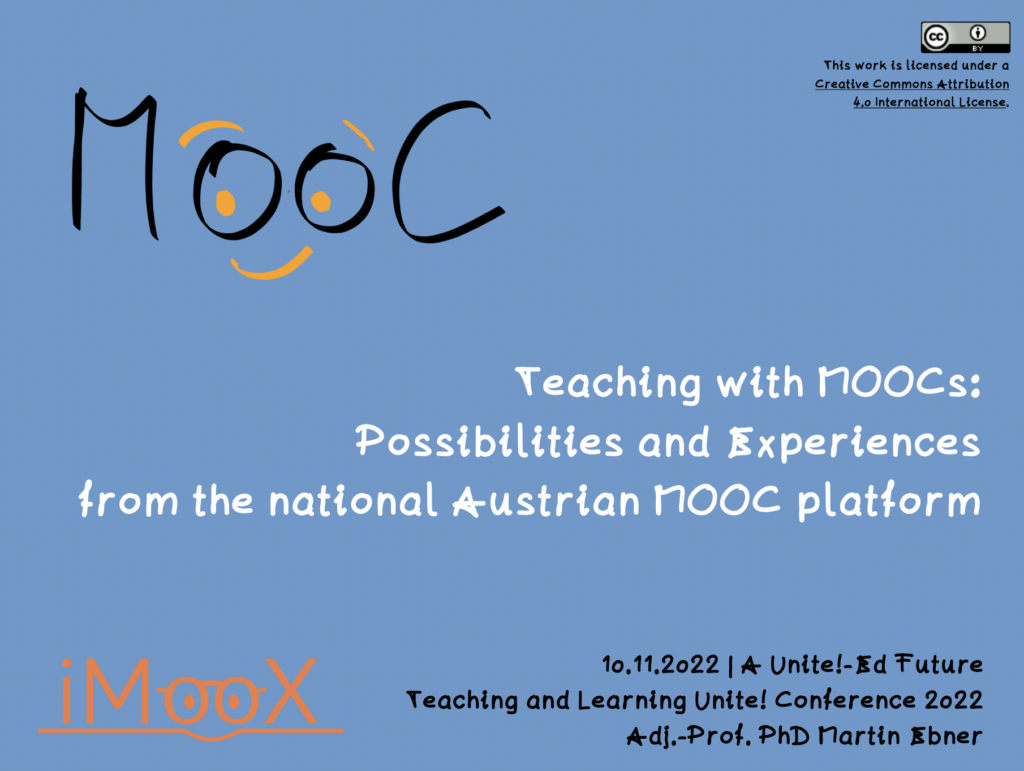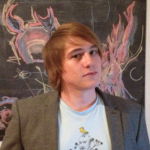Wir freuen uns über einen weiteren Start eines MOOCs zum Thema „The Collaboration Roadmap“ von der TU Wien auf der Plattform iMooX.at:
Jutta ist fest überzeugt, dass wir dazu geschaffen sind, zusammenzuarbeiten und gemeinsam etwas zu schaffen. Zu lernen, wie das geht, war früher Teil unserer Bildungs- und Berufslaufbahn. Heutzutage gibt es immer weniger Zeit und Raum, um zu erfahren, wie das funktioniert. Da es sich um eine Fähigkeit handelt, die nicht aus Büchern gelernt werden kann, gibt es eine echte Lücke zu schließen. Keine Theorie kann einen auf die Realität vorbereiten. Da Jutta es geniesst, Ideen zu gestalten und wachsen zu lassen, war sie Mitglied unzähliger Teams in verschiedenen Arten von Initiativen wie Hackathons oder Design Sprints und Organisationen, die etwas Neues schaffen möchten. In ihren Ausbildungsprogrammen hat sie mehrere Tausend junge StudentInnen mit interdisziplinärem Hintergrund begleitet, ihre Ideen in einem Teamformat zu Produkten und Dienstleistungen zu entwickeln.
In diesem Kurs gibt sie die Roadmap weiter, die in ihren Programmen als Grundlage dient und den Teilnehmern hilft, die Komplexität von Zusammenarbeit und Co-Kreation zu bewältigen während sie ihre Ideen in Produkte und Dienstleistungen umzusetzen.
Die Anmeldung zum Kurs ist natürlich wie immer kostenlos: [Anmeldeseite zum MOOC]







